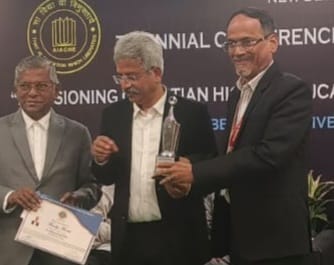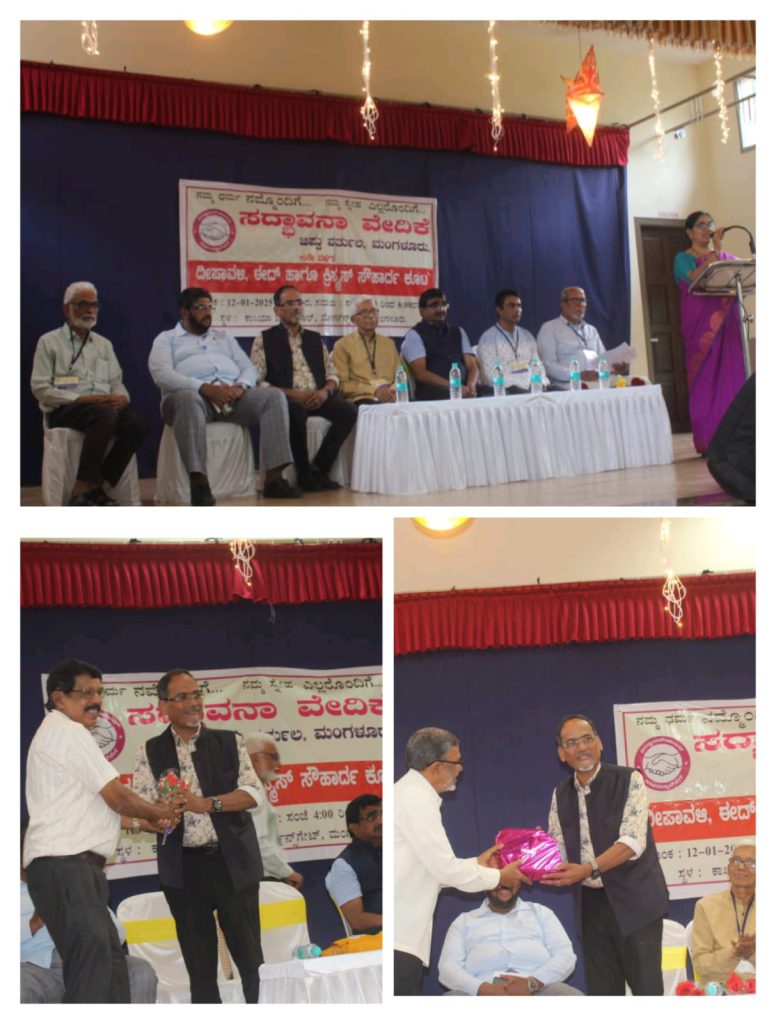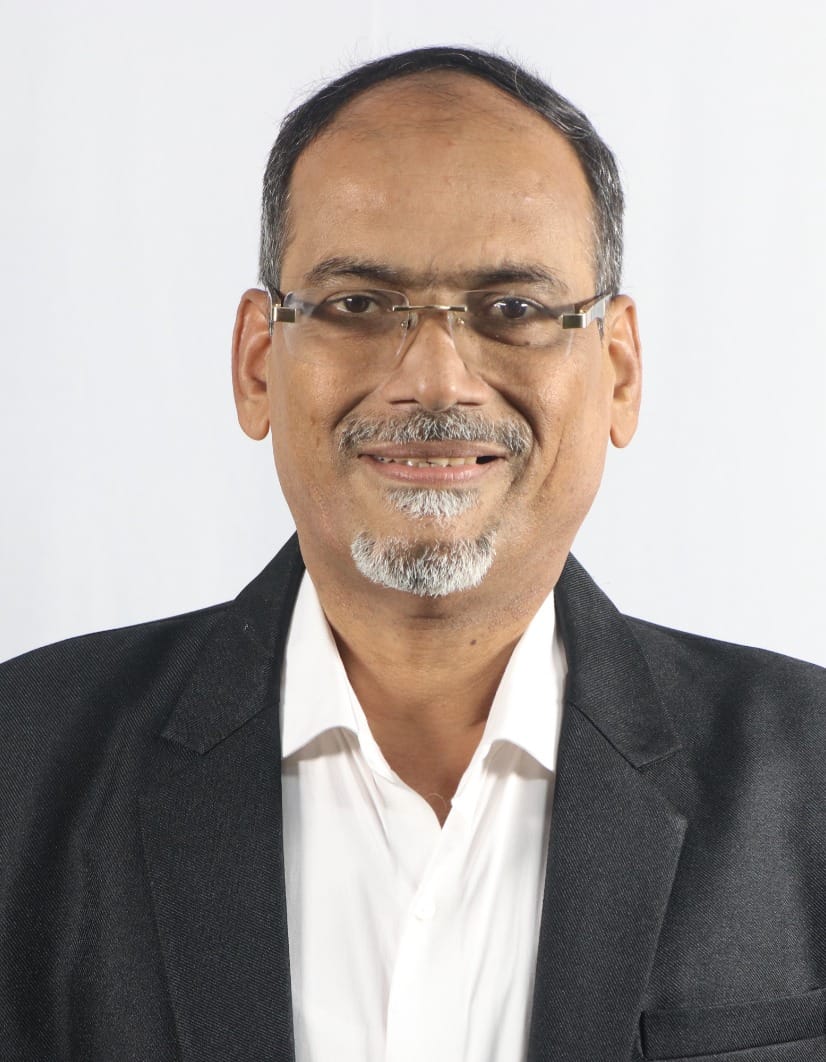Time is ripe and the demographic dividend is evident | we can Revolutionize The Education System just by engaging students and inspiring them | Can’t we put fire in their bellies | Global TV
Prof. Dr. Alwyn Vincent D’Sa +91 98452 16802

Plough the land to prepare the fertile ground where growth becomes possible. Dig the well by tapping essential resources and services for sustainability. But when it comes to our students, we should take a totally different approach. Let them discover themselves. Give learners the freedom to explore. Let them make mistakes and chart their own paths. Genuine learning happens when students aren’t micromanaged but are empowered to find their way. This is applicable to parents, teachers and the community as such. Help them choose the right path.
Imagine a well in the process of being dug. We need to be hard, deliberate and thoughtful until that moment when clear, refreshing water flows eternally. This metaphor represents every student’s journey in a particular facet. The process has to happen. The well has to be explored, not exploded. Role of the society is to help the student to dig within themselves to fetch their treasure discovered.
The Indian education system must not merely treat students as containers to be filled but as dynamic sources waiting to flow with creativity, innovation, and insight. Our job as educators and policymakers is to support this journey until the source starts to give perennial water. The system has to work on collective manner than grading them and dividing them like the wholesale merchants.
There is no need to classify students and to create classes within the classes. At the same time, we should help every student to get into the best combination and permutations to bring out the best within them. Enthusiasm, passion, compassion, and empathy should be tapped from all sides to build creativity, teamwork, and social consciousness. We should expose our students to practice Real-Time Social Interventions. The collective Power of the Campus today can transform many lives.
The Crisis in Education

India’s education system faces an existential crisis. Despite advancements and access to technology, students remain disengaged and distracted. Students are overwhelmed by outdated methods of rote learning, rigid curricula, and relentless assessments. Classrooms are often conventional. Skill development, innovation, and outreach remain tethered to educational practices of the past.
We have yet to explore Intelligence beyond IQ. That too not appropriate or set properly. Imagination takes a back seat everywhere. No hearing for concepts and ideas beyond the old-style verbal concerts. Our system often opts for tying a cat before the puja begins. This refers to a traditional story where a priest tied a disturbing cat during the rituals every time and every day to avoid interruptions.
Even after the cat died, people blindly continued the practice, believing it was essential for the ritual. So many meaningless routines persist in our education system simply because no one questions their relevance. You will find many meaningless practices in campuses that are outdated, unnecessary and disgusting. Should we swallow all of them? How long? Can we allow the students to question them by presenting impressive and interesting alternatives?
That is True intelligence. While IQ is developed through study and cognitive exercises, it is emotional intelligence (EQ) that propels individuals to remarkable heights in professional and personal spheres. Fostering curiosity, empathy, and creativity is foundational to meaningful education. We must shift from knowledge transfer to igniting imagination and nurturing emotional growth.
The Power of Student Choices
A transformative educational model requires embracing flexibility and freedom of choice. Schools and institutions should encourage students to explore diverse paths. Give them opportunities and options to traverse through creative projects, teamwork or enterprising initiatives. Giving students the autonomy to select how they learn fosters engagement and ownership of their education.
Ricardo Semler, the maverick leader of Semco, demonstrated how empowering individuals could revolutionize organizations. By abolishing rigid work rules and trusting employees to manage their responsibilities, Semler created a thriving, innovative culture where individuals naturally exceeded expectations. Can we imagine applying this principle to education? Can we trust our students to take charge of their learning? Can we allow them to prepare their daily calendar?
Small Changes, Big Impact
Educational transformation does not demand grand reforms overnight. Simple changes sometimes yield the most profound results. Consider replacing or adding to traditional exams with conversational opportunities where students express their ideas without fear of judgment. In such spaces, fluency and confidence, rather than grammatical correctness, become the goal. These small adjustments cultivate inclusive, engaging environments where creativity flourishes. Building a Future-Oriented Education System is the need of the hour. We must:
Empower Student Autonomy:

Allow students to choose learning pathways based on their passions and interests, fostering intrinsic motivation and deeper engagement with educational content. This approach encourages self-directed learning and helps students develop critical decision-making skills.
Encourage Teacher Involvement as Mentors:
Teachers should guide, not dictate, fostering creativity and critical thinking by encouraging students to explore, question, and experiment. By shifting from authority figures to facilitators, teachers can cultivate an environment where learners thrive independently.
Foster Emotional Intelligence:
Build curricula and experiences that nurture empathy, communication, and collaboration, preparing students for real-world interpersonal interactions. Emotional intelligence enables learners to understand diverse perspectives, handle conflicts constructively, and build meaningful relationships.
Prioritize Outcomes Over Rigid Methods:
Focus on creativity, collaboration, and problem-solving rather than standardized test scores, valuing practical skills over rote memorization. This approach aligns education with the demands of modern society and better prepares students for future challenges.
Incorporate Trust-Based Learning:
Trust students’ ability to manage their learning, just as Semler trusted employees to manage their time and responsibilities. Empowering students with autonomy fosters accountability, confidence, and a sense of ownership over their educational journey.
India stands at the brink of an educational transformation. The shift from a rigid, knowledge-based model to a dynamic, student-oriented approach will require courage and commitment. But the rewards are immense. A generation of lifelong learners, innovators, and compassionate leaders will rapidly change the world.
As we dig wells of human potential, let us remember that the goal is not just to pour information into students but to help them discover their inner springs of creativity, power of collective action, and teamwork. The Indian education system has to gain momentum shaping a brighter future for generations to come.





